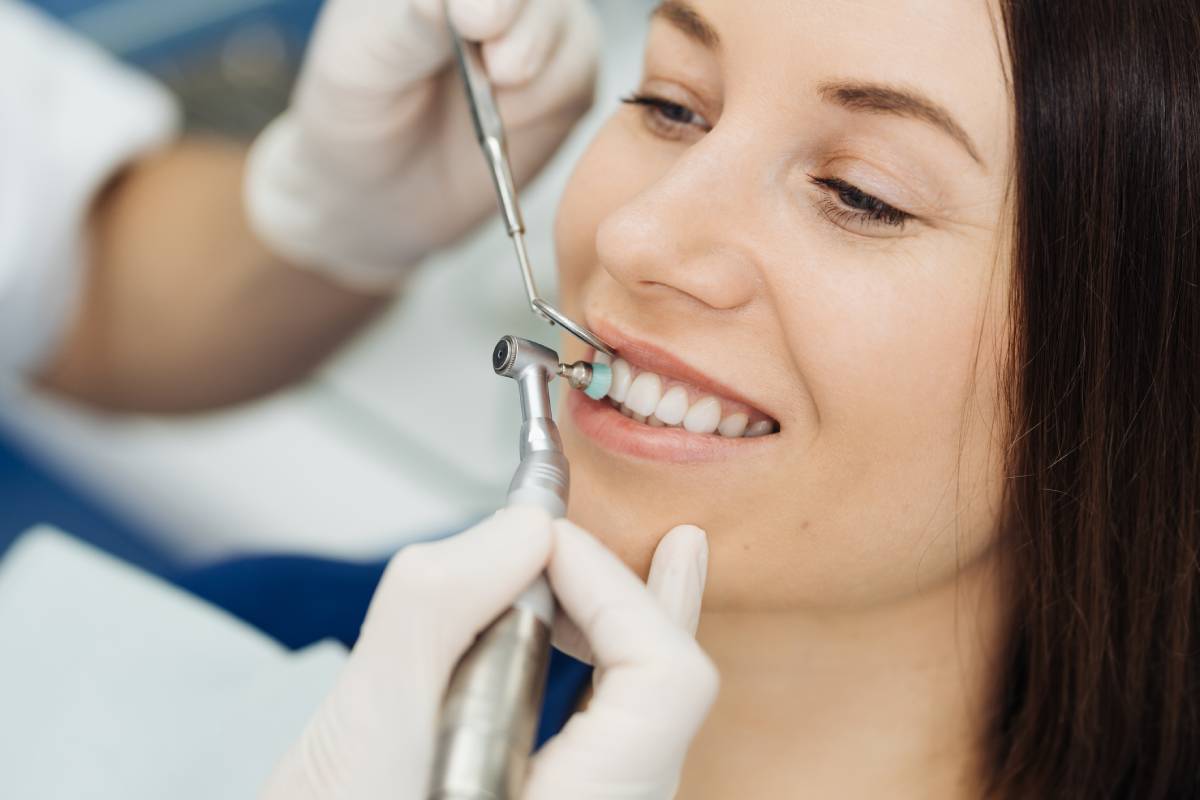Forming habits that ensure regular professional oral examination and preventative dentistry practices at home is the primary way to ensure good health of your teeth and gums. In addition, your oral health can significantly influence the health of your whole body, so taking good care of your teeth will improve your overall quality of life. In this article, we discuss the most effective at-home preventive dental practices.
At-Home Preventive Dental Practices
At-home preventive dentistry practices consist of the following:
- Maintaining sufficient daily oral hygiene
- Protecting your teeth from physical damage
- Adhering to a diet
- Scheduling regular dental appointments
The Importance of At-Home Oral Hygiene Habits
Constantly maintaining thorough oral hygiene is crucial because it prevents plaque from accumulating on and between your teeth. Plaque consists of food residue and bacteria; it is also acidic. Thus, it gradually destroys the enamel of your teeth—their protective barrier—leading to cavities.
If plaque is not removed regularly, it hardens and turns to tartar. This sticky substance is impossible to remove without special tools that your hygienist uses at the dental office. Plaque is also filled with bacteria and leads to further tooth decay.
What is more, both plaque and tartar contribute to the development of periodontal disease, a chronic infection of the gums. Periodontal disease is dangerous, as it undermines the stability of the teeth and can result in tooth loss. Gum disease can also spread to the jaw bone and lead to bone density loss.
Effective At-Home Oral Hygiene Tips
- Always brush your teeth twice a day for two minutes. Do not skip brushing before bed, even if you are tired. A lot of bacteria accumulates on your teeth during the day, and at night, when you sleep, the perfect environment in your mouth allows the bacteria to be active and multiply.
- Make sure to hold your toothbrush properly. The bristles should move along the gum line, removing food debris and preventing it from gathering under the gums. Ask your dentist to teach you how to hold and move the brush effectively.
- It is advisable to use a medium or soft-bristled brush to avoid irritating or damaging your gums.
- Avoid toothpaste that contains abrasive ingredients, such as soda or charcoal. These ingredients can create small, invisible scratches on the surface of your teeth, disrupting the integrity of the enamel and making teeth more vulnerable to bacteria.
- Similarly, avoid over-the-counter whitening kits and toothpaste, as they can significantly weaken the enamel of your teeth or even damage it permanently.
- Choose a fluoride toothpaste. Fluoride can remineralize and strengthen the enamel, making it more resistant to bacteria.
- Start your oral hygiene routine by flossing your teeth to remove the food debris before cleaning your teeth with a toothbrush. Be careful not to harm your gums when flossing.
- Add a water flosser as a first or second step of your routine. This device is proven to effectively remove plaque along the gumline, improving the health of your gums. It is especially recommended for people who have any form of periodontal disease. If used before brushing, a water flosser can also further loosen or remove food residue from between the teeth and boost the effectiveness of your fluoride toothpaste.
- Rinse your mouth from food debris after every meal, but avoid using mouthwashes that contain alcohol or dye.
How to Protect Your Teeth From Physical Damage
Accidents resulting in oral trauma can happen to everyone. However, there are several steps you can take to prevent them:
- Wear a mouthguard when playing sports or engaging in similar activities that may result in falls. Ask your dentist to make a custom mouthguard that will be comfortable to wear. A mouthguard can also be helpful if you clench or grind your teeth during sleep—it will prevent precocious enamel wear.
- Never use your teeth as tools for cracking nuts, opening bottles, biting off string, etc. to avoid damaging the enamel or cracking and chipping your teeth.
Foods to Avoid for the Health of Your Teeth
There are four main categories of foods you should avoid as they can either damage the enamel or result in bracing your teeth:
- Foods containing sugar (conducive to excess bacterial growth)
- Acidic foods and beverages
- Saining foods and beverages (red wine, coffee, drinks, and candies containing dye, etc.)
- Hard, crunchy, and sticky foods (popcorn, crackers, toffee, etc.)
- Also, smoking is one of the leading causes of gum disease and tooth discoloration.
Make an Appointment Today
To further ensure the health of your teeth and gums, schedule a check-up and a professional cleaning with a dentist in Rialto. Our highly qualified doctors are looking forward to your visit to Smile Studio Fontana dental office.


